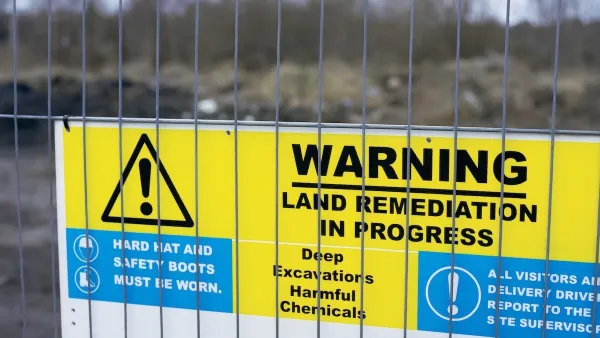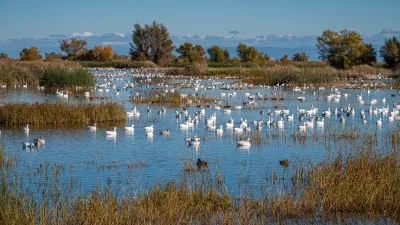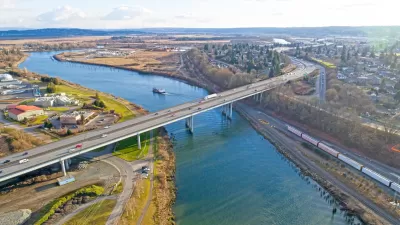The environmental awakening of the 1970s led to landmark federal laws that have helped heal our natural systems. The growing “Rights of Nature” movement seeks to create new protections to respond to emerging ecological threats.
"With Earth Day around the corner, it’s a good time to step back and see how we’ve been doing since the first Earth Day in 1970, when 20 million people took to the streets to protest rivers on fire, DDT-poisoned birds, sewage on beaches, and a devastating oil spill off the pristine Santa Barbara coast," writes Terry Tamminen.
"Since those early days, we have improved sewage treatment plants and banned DDT, but new threats to human and environmental health are mounting – pollution from hydraulic fracking, leaking oil pipelines, nuclear disasters, and other localized impacts on communities." Add in global climate change and you have a recipe for a “transition of the Earth’s ecosystems into a state unknown in human experience.”
"These new and very visible threats are igniting a fresh grassroots call for more action that is commensurate with such challenges in ways the existing laws seem unprepared to address," says Tamminen. "Enter the 'Rights of Nature' movement," an expansion of environmental protections that has been adopted in Bolivia, Ecuador, and over three-dozen U.S. municipalities.
FULL STORY: Emebedding The Rights Of Nature In Our Legal Code

Planetizen Federal Action Tracker
A weekly monitor of how Trump’s orders and actions are impacting planners and planning in America.

Map: Where Senate Republicans Want to Sell Your Public Lands
For public land advocates, the Senate Republicans’ proposal to sell millions of acres of public land in the West is “the biggest fight of their careers.”

Restaurant Patios Were a Pandemic Win — Why Were They so Hard to Keep?
Social distancing requirements and changes in travel patterns prompted cities to pilot new uses for street and sidewalk space. Then it got complicated.

Platform Pilsner: Vancouver Transit Agency Releases... a Beer?
TransLink will receive a portion of every sale of the four-pack.

Toronto Weighs Cheaper Transit, Parking Hikes for Major Events
Special event rates would take effect during large festivals, sports games and concerts to ‘discourage driving, manage congestion and free up space for transit.”

Berlin to Consider Car-Free Zone Larger Than Manhattan
The area bound by the 22-mile Ringbahn would still allow 12 uses of a private automobile per year per person, and several other exemptions.
Urban Design for Planners 1: Software Tools
This six-course series explores essential urban design concepts using open source software and equips planners with the tools they need to participate fully in the urban design process.
Planning for Universal Design
Learn the tools for implementing Universal Design in planning regulations.
Heyer Gruel & Associates PA
JM Goldson LLC
Custer County Colorado
City of Camden Redevelopment Agency
City of Astoria
Transportation Research & Education Center (TREC) at Portland State University
Camden Redevelopment Agency
City of Claremont
Municipality of Princeton (NJ)





























